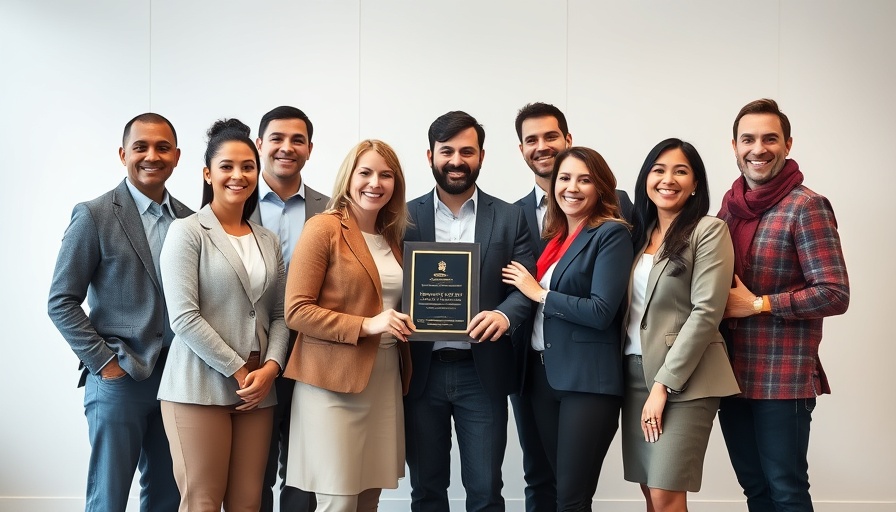
Why Global Recognition Awards are Redefining Sustainability Efforts
Businesses today are under increasing pressure to demonstrate that their commitments to sustainability are more than just marketing strategies. The Global Recognition Awards are shining a spotlight on serious sustainability efforts, providing a framework that helps distinguish between genuine action and hollow claims. This structured approach is particularly beneficial in the rapidly evolving landscape of technology and innovation.
A Holistic View of Sustainability
The Global Recognition Awards evaluate companies through a broad lens. They assess factors such as emissions reduction, waste management, and employee well-being. The awards aim to reflect a company’s true impact and commitment to the community. Judges deliberate not just on outcomes but also on transparency in decision-making processes. This encourages innovative problem-solving that can inspire other organizations to adapt similar strategies.
Proving Impact with Data
To participate, companies must submit verifiable data about their sustainability initiatives. This includes metrics, timelines, and tangible outcomes, which are vital in filtering out superficial efforts. As a result, award-winning companies often serve as benchmarks, showcasing efforts that are scalable and applicable across different contexts. The emphasis on measurable impact aligns closely with the characteristics of tech entrepreneurs and startups focused on practical implementations in areas like AI and blockchain.
Creating Ripple Effects of Change
One of the most impactful aspects of these awards is the ripple effect they create. When companies earn recognition for their sustainability efforts, they not only benefit personally but also inspire others in their field. This dynamic can lead to widespread adoption of sustainable practices across sectors, significantly amplifying the positive impact.
The Ripple Effects of Leadership Recognition
Being recognized by the Global Recognition Awards allows businesses to showcase their leadership through actionable results. Particularly for small enterprises, this acknowledgement can be a game changer, connecting them with a community of innovators who are also making strides in sustainability. As Jethro Sparks, CEO of the awards, aptly states, it signifies that a business's effect on people and the environment is just as crucial as profitability.
As sustainability becomes a central theme in innovation driven by AI, fintech, and blockchain initiatives, award recognition can also enhance a company’s reputation, attracting investors and partners who prioritize environmental responsibility in their decision-making.
Conclusion: Embracing Sustainable Practices for Future Growth
As the tech industry continues to disrupt traditional models, recognizing and awarding sustainable practices is essential. Companies should strive to integrate these principles into their core strategies, ensuring they not only contribute to a greener future but also gain the competitive advantages that come from being recognized leaders in sustainability.
 Add Row
Add Row  Add
Add 


Write A Comment